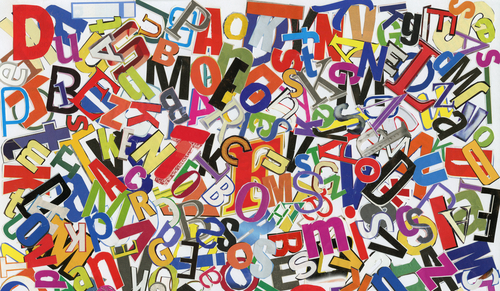Having already read the controversial and infamous Lolita, I was only too eager to crack open another Nabokov classic: Invitation to a Beheading.
For those not familiar, Invitation is the haunting story of a death row inmate waiting for his execution. Despite geographic distances from contemporary authors like Franz Kafka and Albert Camus, Invitation, published in 1935, serves as one of the many existentialist literary works of the early 1900s.
As we’re taken through our main character Cincinnatus’s final days, we ride a roller coaster of surreal, dream-like scenarios and conversations that blur the line between crazed fantasy and accurate narration. Theatrical symbolism and themes are also heavily featured, even including a play performed in Cincinnatus’s prison cell. The reader is thus forced to reconcile the staunch, terrifying prospect of death with the sardonic dreamscape of Cincinnatus’s imagination.
Pair this surreal world with unbearable angst. First, Cincinnatus is not told when he will be executed. He is plagued by this uncertainty all while uncaring, cavalier prison staff constantly visit and judge him. Moreover, Cincinnatus explains he must endure this due to the vague and nonsensical crime of “gnostical turpitude.”
The jumbled, surreal thoughts and scenes, the unreliable narration, the oddly dissident character of the guards, and the unclear crime all contribute to a fundamental existentialist point: calling into question what it means to be real, and especially to be sane.
Cincinnatus’s plight and wavering sanity also lend themselves to a discussion of guilt and innocence. It’s unclear what Cincinnatus’s true crimes are, but it’s clear he is a social outcast and he always expected a similar fate. Despite his odd character, the reader is compelled to empathize through the universally held fear of facing an impending, unavoidable death.
On a technical note, the sentences in Invitation are more stilted and blocky than many of Nabokov’s other works, adding to the theme of surreal distortion in the book. It’s notable that this work was translated to English, whereas many of Nabokov’s other pieces were originally written in English. Invitation’s unique wording may be only the result of this difference in translation or Nabokov may have composed it intentionally – we may never know.
As a result of this element, along with the constant surreal scenarios and transitions, Invitation is a difficult read for many the first time. However, further readings improve the themes and allow the reader to delve further into the existentialist elements of the book.
The book represents an excellent example of the philosophy and attitude of European existentialism while painting the harrowing portrait of a man we can’t completely relate to, and a fate we can’t ever understand.
